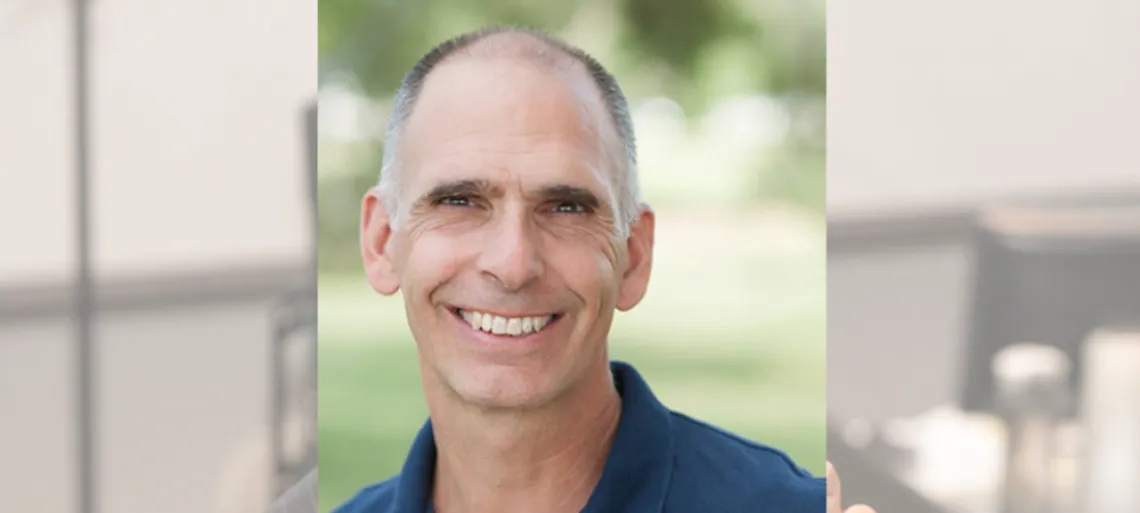Mentor Profile: Randy Accetta
The hands-on mentoring process that guides student new venture teams along the path from early-stage idea to launch-ready venture is an integral part of the New Venture Development Program.

The New Venture Development Program is a yearlong, team-based, experiential program in which University of Arizona students from all fields of study team up to build a new venture from the ground up under the guidance of our full-time Entrepreneurship Mentors in Residence. Our experienced and successful Mentors in Residence teach our capstone classes, but their roles extends far beyond the classroom. Early in the Fall semester, each student new venture team is matched with a Mentor in Residence who they will meet with weekly throughout the year to receive individual coaching as they advance their new venture.
Randy Accetta is the longest-tenured member of the McGuire Center, having been a Mentor in Residence since 2008. He has received two Teacher of the Year awards and two Innovative Teaching Awards, and his dissertation on distance education earned a UA Dean's Fellowship. In addition to his work at the McGuire Center, he leads sold-out seminars on running in his role as the Director of Coaching Education for the Road Runners Club of America, and he owns Run Tucson, an event and coaching company. A former national-class marathoner, Accetta ran in the U.S. Olympic Trials. He brings that level of effort to teaching in the McGuire Center.
Q. What is your background in entrepreneurship and innovation?
A. I've always been a fish out of water when it comes to the McGuire Center. My mentor colleagues have often been engineers of some sort, but my early innovation was pedagogy. My Master's thesis drew on Freirean pedagogy to advocate for what's now called the flipped-classroom, and my dissertation 20 years ago was on using online and video technology to teach, before blended education was popular. These days, my entrepreneurship focus is on developing innovative running events that raise funds for charities here in Tucson.
Q. Why were you interested in mentoring student new venture teams in the McGuire Entrepreneurship Program?
A. I was teaching Business Communication and producing local running events when I was asked to become a Mentor in Residence, Communication at the McGuire Center in 2008. Back then, I learned the McGuire IdeaPath from my colleagues, Bob Morrison and Jim Jindrick, as well as our Director, Sherry Hoskinson. Since then I've enjoyed working with such excellent mentors as Emre Toker, Dan Janes, Patty Sias, Linsay Craten, and K Krasnow Waterman to help our students learn new venture communication strategies.
Q. What sets you apart as a mentor?
A. Students generally say my candor, leavened with humor and self-deprecation. When I do it well, students recognize that telling the truth frees us to understand our current weaknesses and move forward to fix them. When I tell too much of the truth, though, I just come across as an insufferable jerk.
Q. What impact can mentoring have on startup success?
A. The older I get the more I value the wisdom of my elders. Nobody wants to appear weak, so asking for help is hard for people. But getting advice from those who have been there and done that lets you short-cut mistakes. You can benefit from their mistakes and move on to make mistakes that are unique to you, rather than make mistakes that everybody else makes.
Q. What do you like about the McGuire Center?
A. I love working with McGuire students. Every year, they demand excellence of themselves and they demand excellence from us. It's motivating and inspiring to be around students who try to make a difference in the world.

